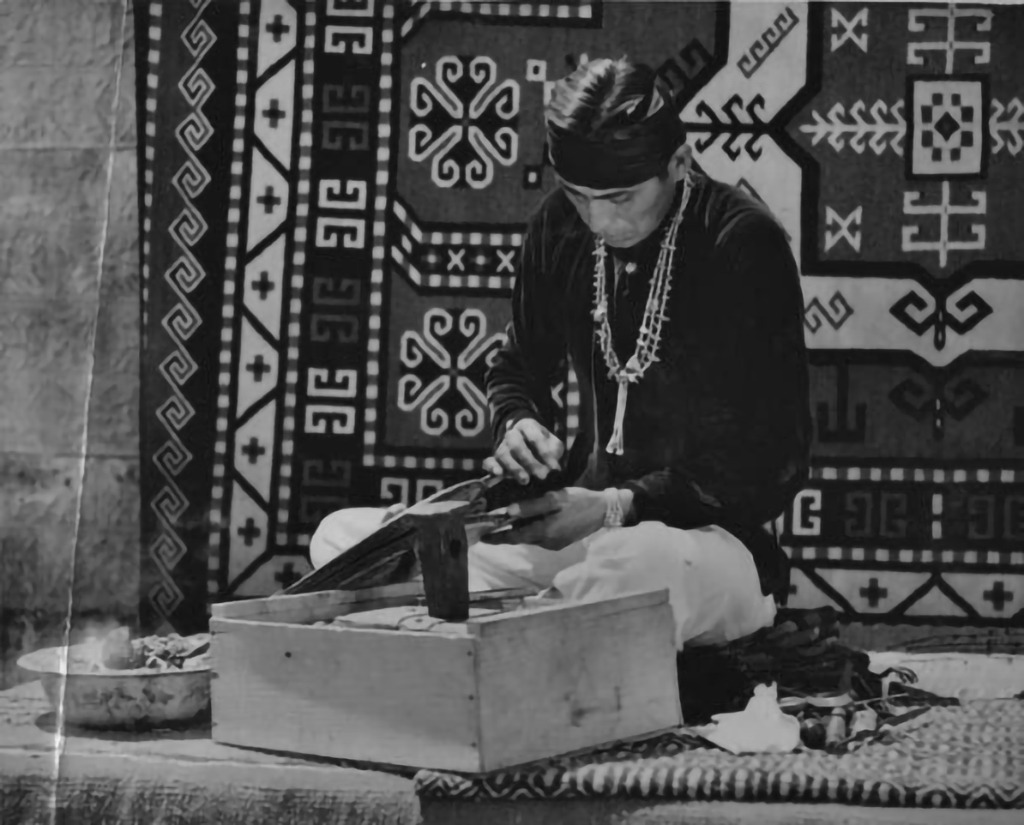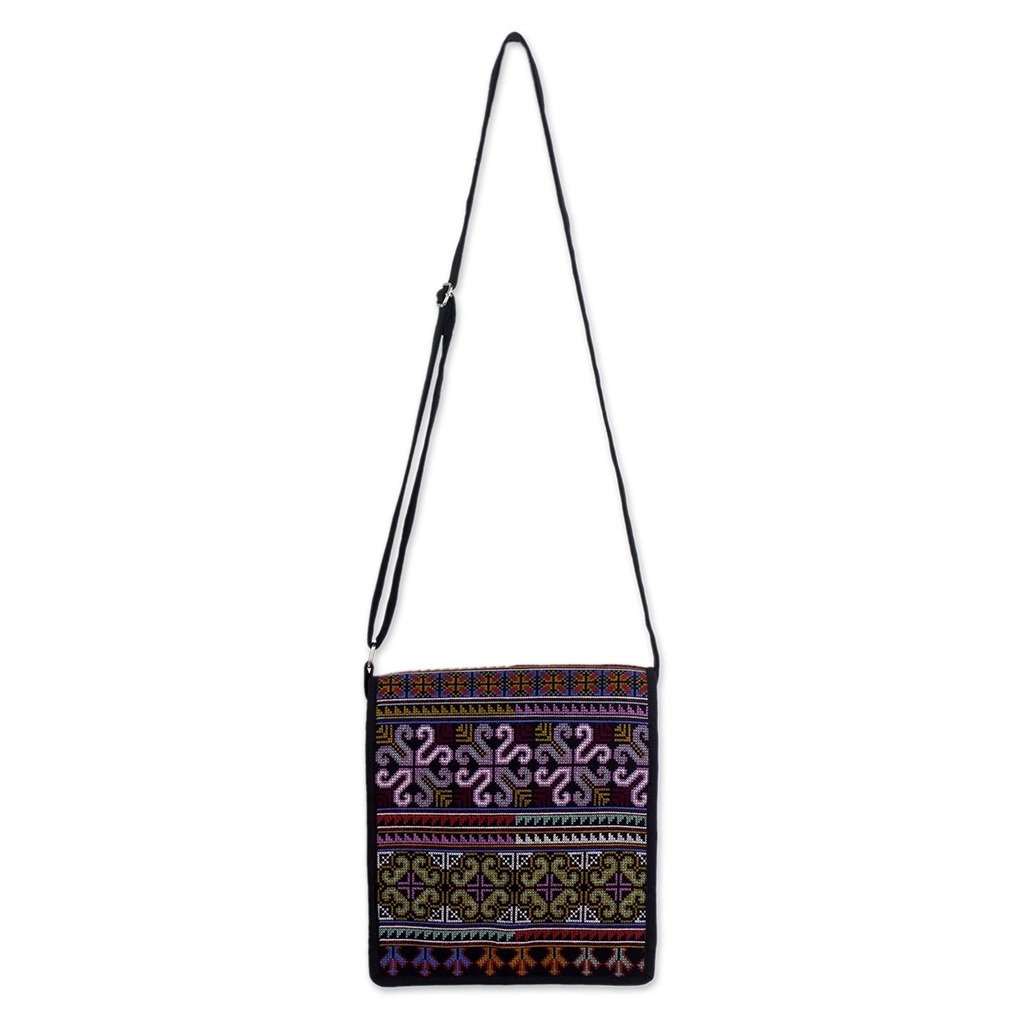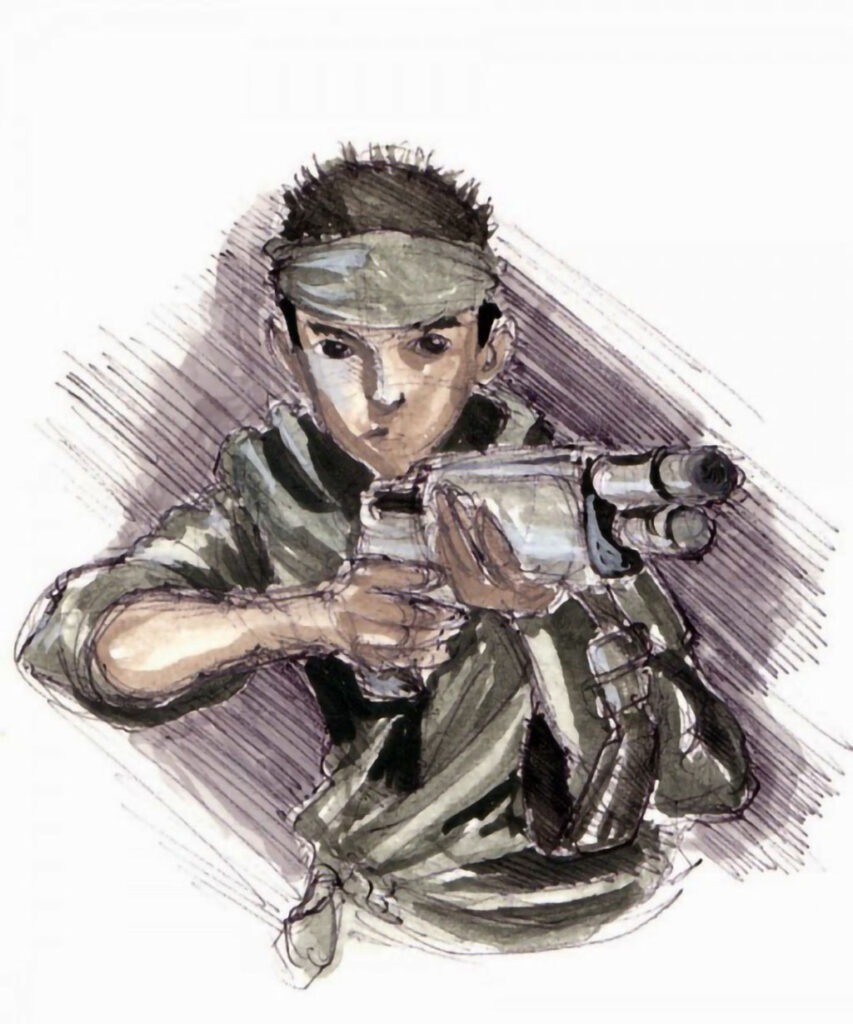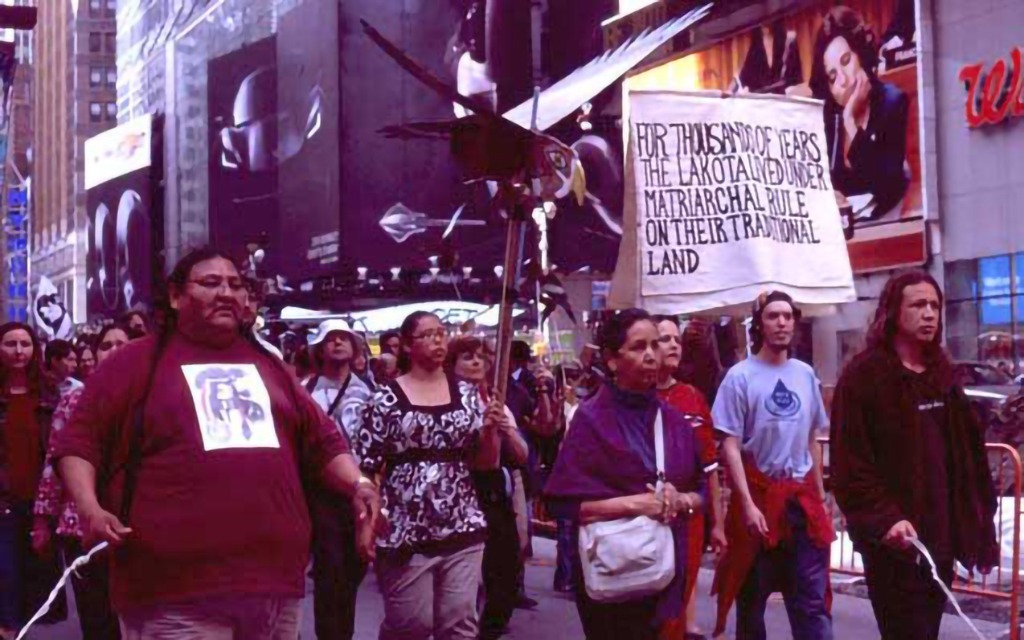
Navajo And Hmong: Tell Me If You See Something the Same!!!
Comparing Navajo and Hmong Designs: Cultural Connections Through Symbols
Explore the striking similarities between Navajo and Hmong designs, uncovering shared patterns, cultural pride, and deeper connections in their artistry. I had to repost this picture from Rose Clayborne.


Comparing Navajo and Hmong Designs: A Fusion of Artistry and Culture – Designs and symbols are powerful reflections of cultural identity, and comparing Navajo and Hmong artistry reveals striking connections. These intricate patterns, often woven into textiles, jewelry, and everyday items, symbolize pride, heritage, and tradition for both cultures.
Navajo Designs: Timeless Patterns in Silversmithing and Textiles
The Navajo people are renowned for their silversmithing, featuring geometric motifs and spiritual symbolism. Similarly, their woven textiles showcase earthy tones and repeating patterns that tell stories of nature and community.
Hmong Designs: A Legacy of Embroidery and Craftsmanship
The Hmong people’s textiles feature vibrant, intricate embroidery, often displaying symmetrical patterns, animal symbols, and motifs that celebrate their history and beliefs.
Shared Elements: Is It Coincidence or Cultural Connection?
When placed side by side, Navajo silversmith work and Hmong textiles showcase an uncanny resemblance. Both embrace geometric precision, vibrant contrasts, and motifs that reflect their connection to nature and spirituality.
The Significance of These Parallels
These similarities invite us to appreciate the universal language of art and its power to unite cultures. While the Navajo and Hmong peoples developed these designs independently, they serve as a testament to shared human experiences and a deep reverence for tradition.
Final Thoughts
Could these parallels hint at a deeper connection between Navajo and Hmong cultures? While history may not directly link them, their designs symbolize resilience, beauty, and a shared pride in their heritage.
Have you noticed these similarities before? Share your thoughts and let us know what these designs mean to you!





Waaaaahhhh!!! Nice!
There was a Hmong video that described what the symbol meant.
I would like to see it!!!
I don’t remember if it was the same symbol though. Let me see if I can find it–I remember it said it represent like a leaf or some sort.
OK.
http://www.youtube.com/watch?v=FCyM9xBzmBs&app=desktop
I couldn’t find the video but I found something else. It says that each corner symbol represents the nyuj Twj (water buffalo); it represents the Hmong people… But I’m not sure if the guy is making this up or not. If u can read Hmong, u can read it urself… I will look for the other video on the Miao Lady explaining it when I’m not so tire.